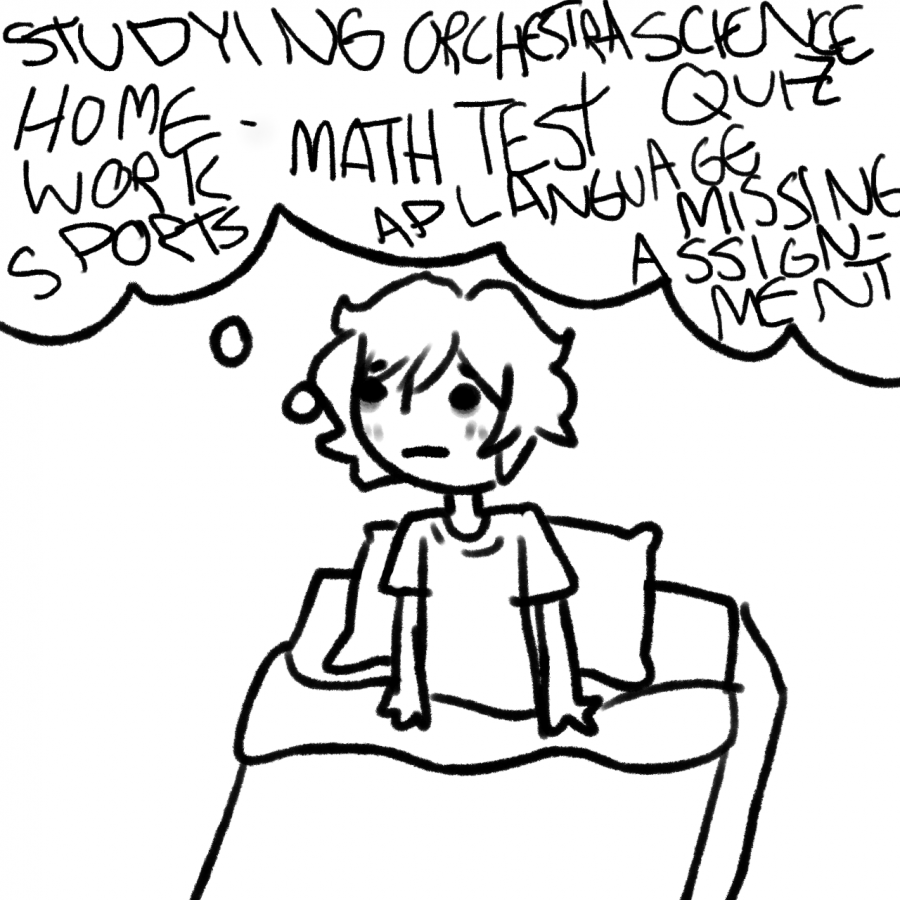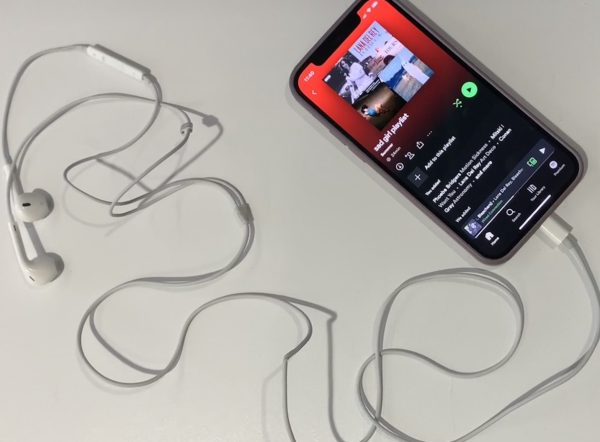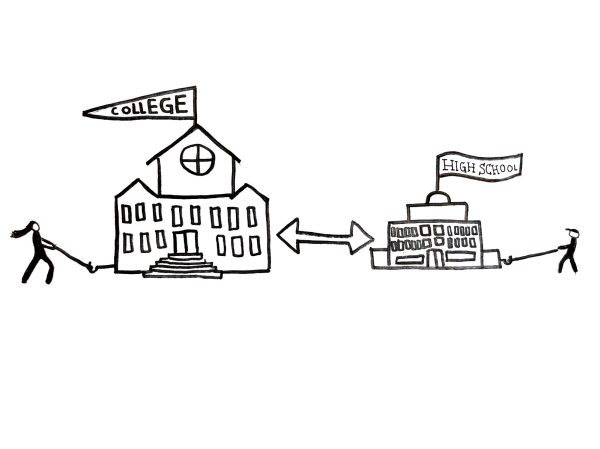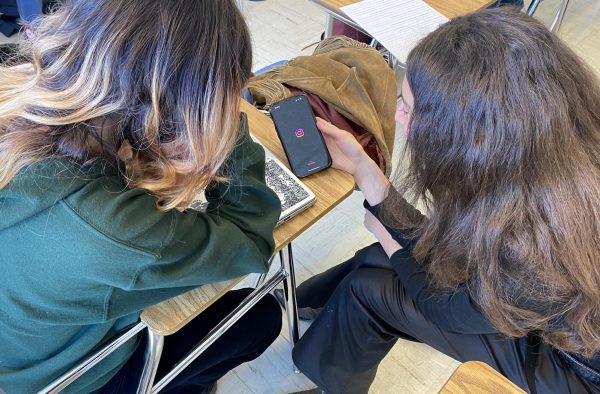COVID + Toxic Culture
As school rigor has been increasing over the past few decades, adolescent stress levels have followed them, according to the American Psychological Association. As a result of the increasing pressure for kids to succeed – and under no circumstances to fall behind – in school, students are coming in no matter how terrible they feel–something that can prove to be quite an issue during an international pandemic.
The virus COVID-19, known colloquially as the Coronavirus, is continuing to spread across the U.S. rapidly. According to the New York Times, there are 1297 confirmed cases in 44 states and Washington, D.C. as of March 12th. There have been 37 deaths in the U.S. due to the virus. The number of confirmed cases each day is growing exponentially, and experts from the CDC are all over the news providing Americans with up-to-date information and instructions on how to keep yourself safe.
What’s funny about these instructions is that they seem so much like common sense, yet they are truly necessary. Directions have included avoiding nonessential travel to high-risk areas, avoiding contact with people you know are infected, washing your hands properly and often, and staying home from school or work when you are sick. It’s a little concerning that people need to be told not to travel if they know they have been exposed to a highly infectious disease, but I’m more worried about that last point. Stay at home if you are sick.
This makes sense. If you’re feeling under the weather, even if you don’t have the now infamous Coronavirus, you should stay home and avoid spreading your illness to all the people you interact with on a daily basis. But this isn’t the norm. As school rigor has been increasing over the past few decades, adolescent stress levels have followed them, according to the American Psychological Association. As a result of the increasing pressure for kids to succeed – and under no circumstances to fall behind – in school, students are coming in no matter how terrible they feel.
To give some context to this problem, a few weeks ago in one of my classes, a girl was sick. I didn’t think much of it, because people come in sick all the time. She proceeded to create a — this is not an exaggeration — seven-inch-tall mountain of used tissues over the course of a regular class period. She would hack up a lung for a minute straight and then lick a tissue to get rid of the mucus. I saw this and nearly threw up. What are we doing?! Why is this happening in school? Probably because being behind would make her feel even worse.
We need to fix this crooked mindset that missing school is worse than spreading our colds, stomach bugs, and even coronaviruses around our student body. We’ve put ourselves in a position where stress is ridding us of our common sense. I’m guilty of coming to school when I didn’t feel well enough to be there. To me, missing a lesson in Calc BC isn’t worth feeling better days earlier and preventing the spread of my cold. What I didn’t realize when I made that calculation is that it’s not all about me. It’s about each kid forced to sit next to me as I exude germs all day. The problem isn’t a single class or a single teacher, it’s the system. It’s been drilled into all of our heads that we must be in school, no matter how terrible we’re feeling. It’s a pity that it took a global outbreak and some common sense advice to realize this, but it’s something we all really need to think about.
If you’re sick, stay home. When you’re back, start a conversation with each of your teachers about disincentivizing staying home to recover. We can change the system ourselves one conversation at a time.







Jane • Sep 2, 2022 at 1:03 pm
I am stealing this idea